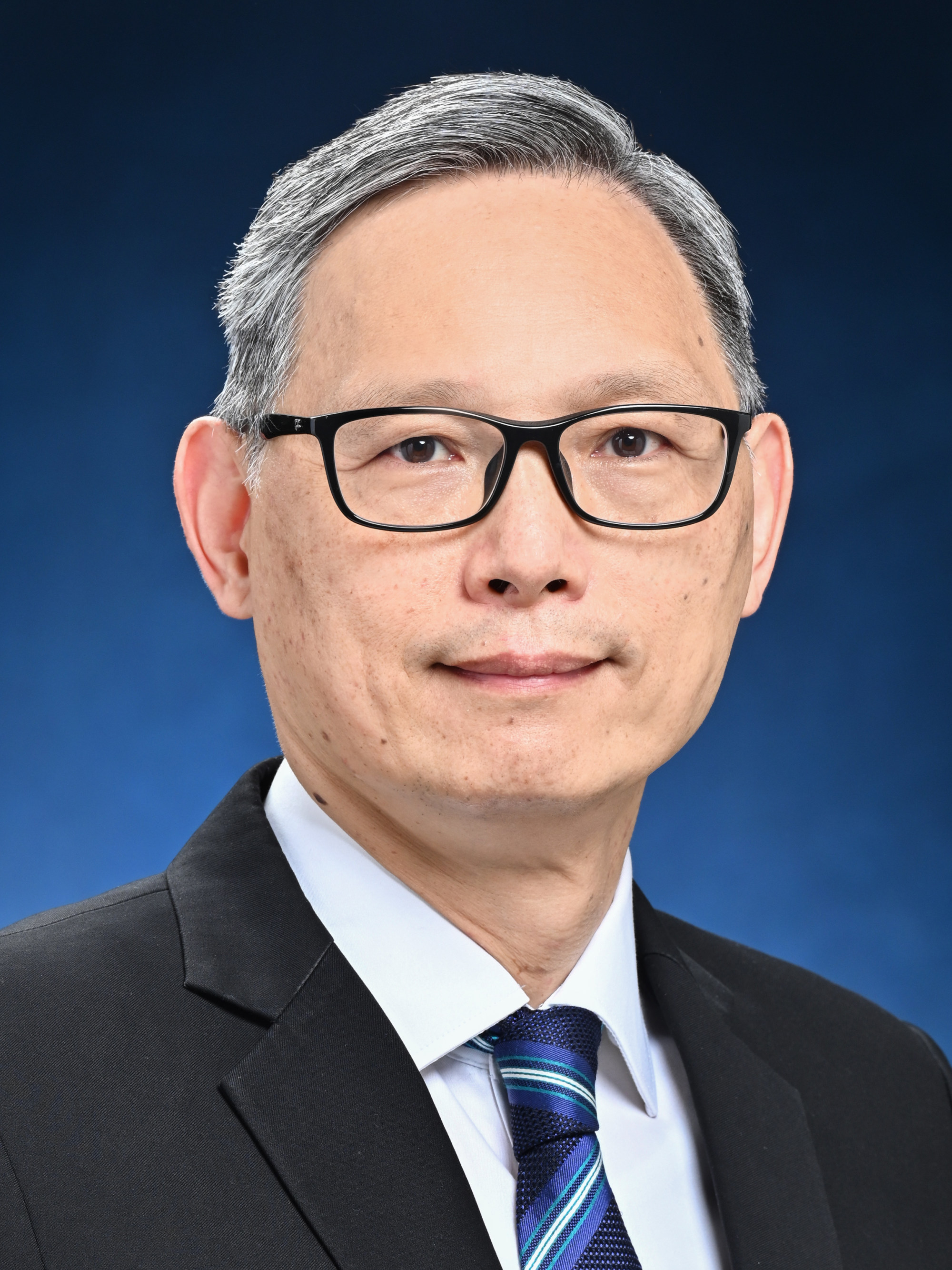
Hong Kong’s new policy on court appeals by asylum seekers sparks alarm that many will be sent home to face danger
- Thousands worry about impact of new policy that aims to stop foreigners dragging out legal process
- ‘Overnight change’ criticised for lack of consultation, imposing blanket threat of deportation on all
Jack* and his wife have had sleepless nights since they found last week that a little-publicised change to Hong Kong’s immigration rules could bring their attempt to find asylum to an end.
Foreigners who fail in their first court attempt to obtain non-refoulement, the city’s de facto asylum status, from last Wednesday could face repatriation before the outcome of appeals to higher courts.
“We are so scared,” said Jack, a former diplomat from a Middle Eastern country and father of three. “My wife cannot sleep and she keeps crying. We don’t know how it will affect us.”
The change was unveiled at the Legislative Council on Tuesday, causing alarm among thousands of refugees and the human rights lawyers and non-governmental organisations that help them.
Hong Kong does not grant asylum because it is not a signatory to the 1951 United Nations Refugee Convention.
But it does offer non-refoulement, an assurance that refugees will not be returned to a country where they were at risk of persecution or torture.

Jack said he had been watched and followed by agents from his government for political reasons. But he failed in his first court bid, and the policy change has put him at risk of being sent back to his homeland.
Human rights lawyer Patricia Ho told the Post that thousands of refugees were at a loss to understand the legal terms and how exactly they might be affected.
“There is so much panic about what this means to the asylum seekers,” she said.
Undersecretary for Security Michael Cheuk Hau-yip said at last Tuesday’s Legislative Council security panel meeting that many non-refoulement claimants with little chance of success tried to delay repatriation through repeated appeals against court decisions.
Legco research showed that the government spent HK$1.07 billion (US$137.4 million) to deal with claimants in the 2021-22 financial year alone.
Lawmakers mostly supported the policy change, and some portrayed claimants as a cause of gang crime in the city.
Although the change took effect on Wednesday, the policy paper did not spell out how it would be carried out, including whether it would affect all claimants immediately, or target specific groups first.
Hong Kong get-tough policy on refugee deportation comes into force
But Jack said the authorities should go after the troublemakers instead of having a blanket rule for everyone.
“I think they know who the bad people and criminals are,” he said.
He added Hong Kong’s government and lawmakers had often complained about the high cost of allowing claimants to stay for years while they exhausted all the legal avenues. They are not allowed to work during that time.
Jack appealed for more understanding, and said it would be dangerous for him to return to his country.
He highlighted his children were also stuck in limbo, as far as their immigration status was concerned.
“Believe me, no one likes to be a refugee,” he said.
Government statistics show that Hong Kong has about 14,900 refugee claimants.
The policy paper said there were 3,000 appeals to the Court of Appeal and 1,700 at the Court of Final Appeal between October 2017 and October this year, although it did not outline how many had still to be dealt with.
7 in 10 refugees in Hong Kong expect food to run out in a week: survey
Ho said that sometimes it was only at the appeal stage that justice prevailed, but with the latest changes, claimants might not get the chance to exhaust the options.
She added that would be less of a concern if there was a stronger system for assessing claims earlier in the process.
“When you have strong claims, such as political dissidents from Iran not getting protection until they get to the Court of Appeal, it means that the new policy will mean more risk of claimants being removed despite a clear risk of persecution,” Ho said.
Human rights lawyer Mark Daly criticised the lack of public debate before the policy was changed.
He added that, in the past, immigration officials had accepted that the judicial review process was an impediment to the removal of claimants.
But some lawmakers were adamant that the government had made the right move.
Joephy Chan Wing-yan, of the Hong Kong Federation of Trade Unions, said the presence of so many refugees had caused anxiety among residents of Sham Shui Po, one of the poorest neighbourhoods in the city.
She added the government was on firm legal ground given the problems caused by fake claimants.
“The right to fair trial means only the first legal proceeding, not at all levels of the courts,” she said.
*Name changed at interviewee’s request.

